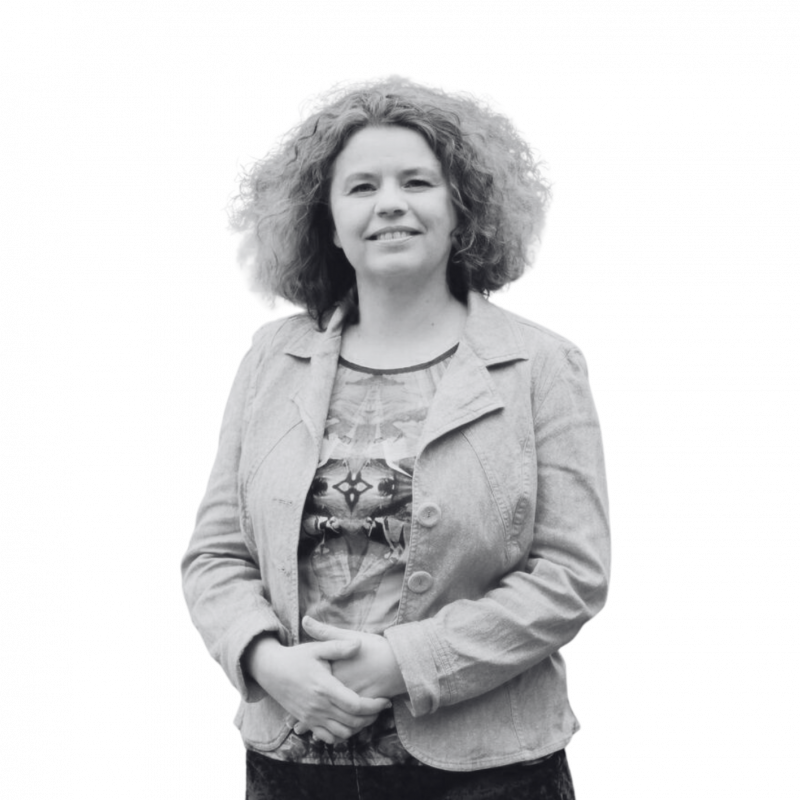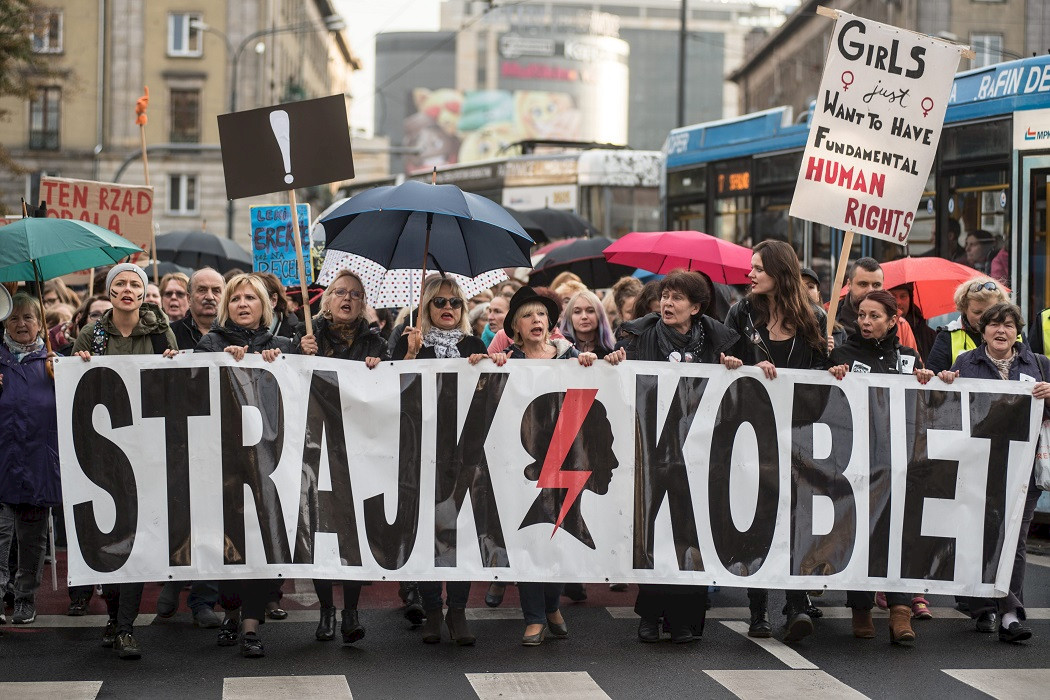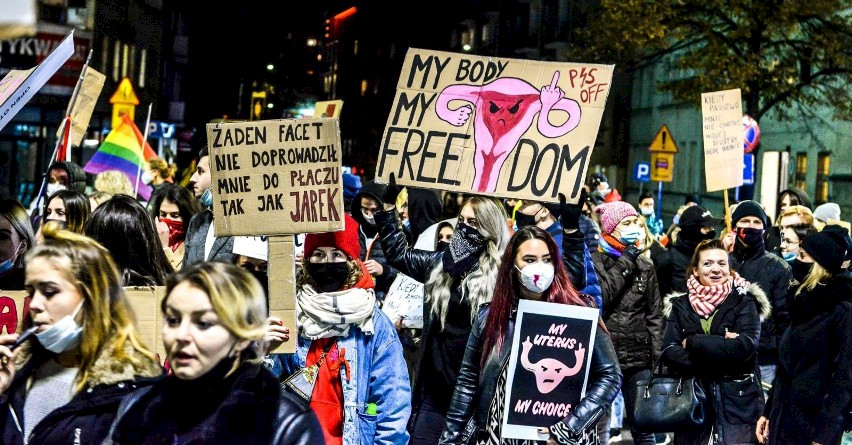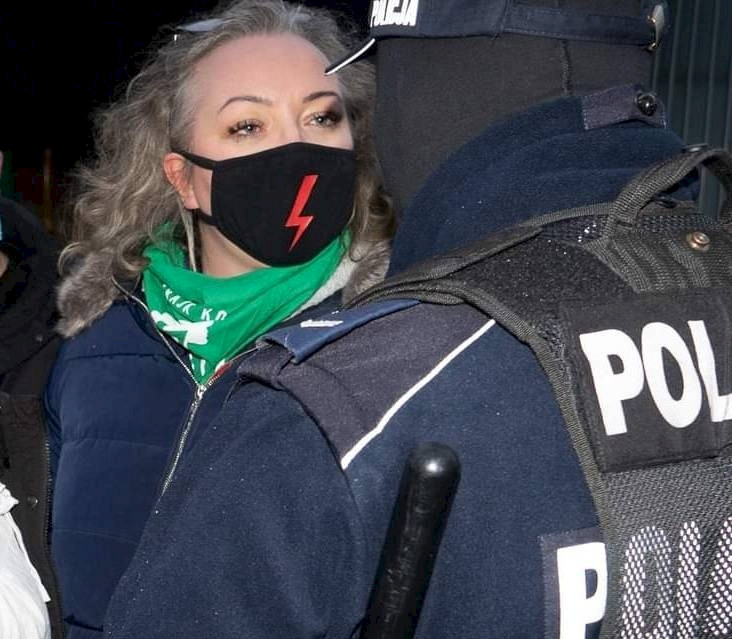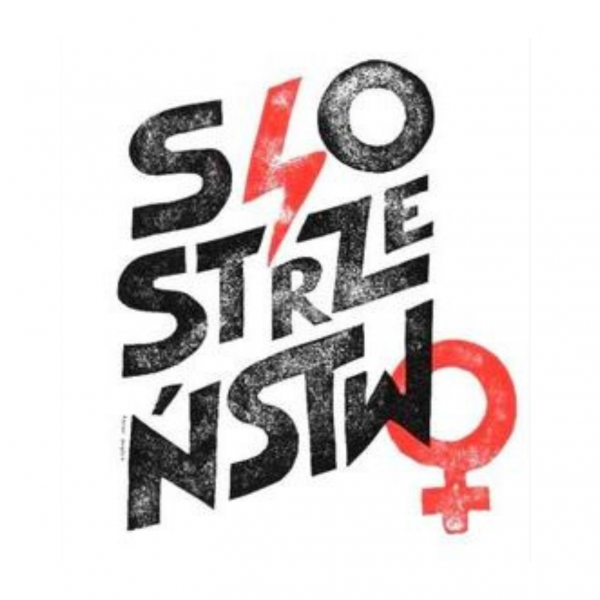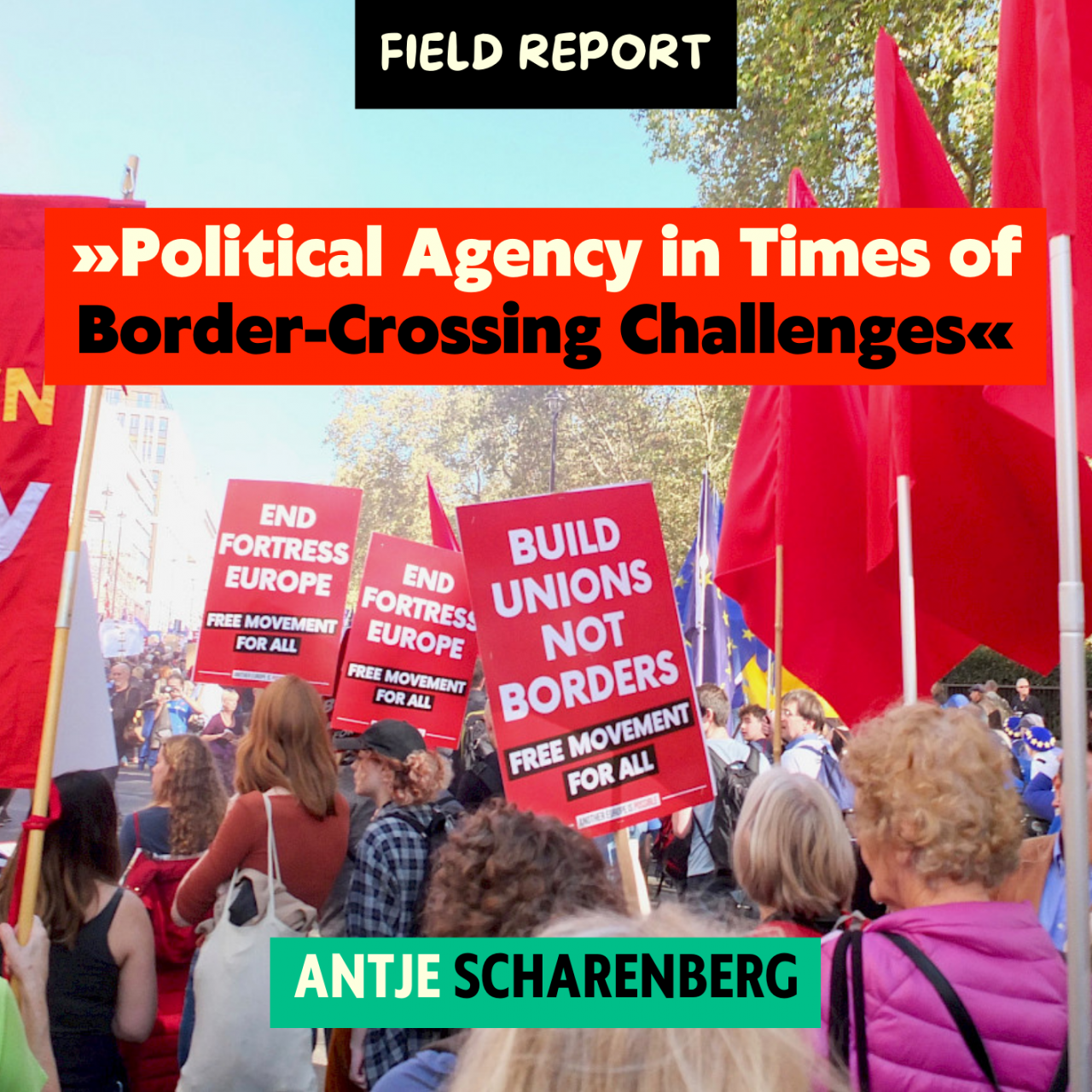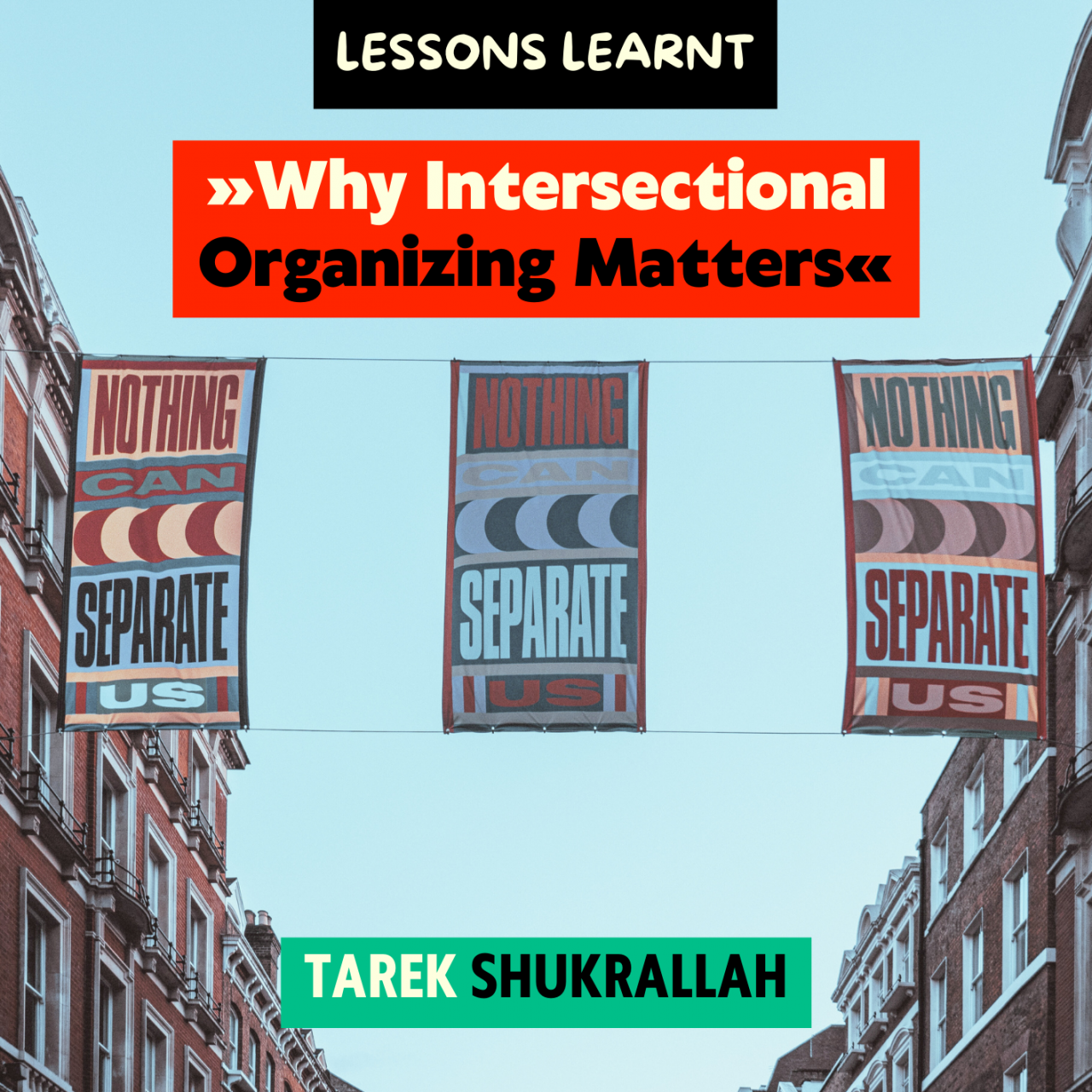We as activists, organizers, and educators know very well that racism and migrants’ experience interact with other fields of struggle such as gender and LGBTQIA+, class differences and labor relations, and climate justice. Being aware of this allows us to struggle more effectively against discrimination, exploitation, and violence.
My engagement with such an intersectional approach started 15 years ago in the context of the struggle for women's rights in Poland. The political transformation with Lech Walesa and the Polish Solidarity (Solidarność) trade union movement, in 1989, was strongly influenced by Catholic bishops. The political position of the Catholic Church, connected to the ‘holy icon’ of the Polish Pope John Paul II, was very firmly rooted and spread out in our society. The patriarchal system has demanded Polish women to obey the 3K rule – "Kinder, Küche, Kirche" (children, kitchen, church).
That religion-based patriarchy could no longer be maintained. It started to change in 2004 when Poland became a member of the European Union. At that time, a lot of feminist groups were born in the whole country, and more and more were active in changing the conditions of women’s lives. The feminist movement here was mainly concentrating on the fight for legal access to abortion, as it was forbidden by the Catholic Church. But despite all of the years spent on fighting on marches and occupations, with petitions and social media campaigns, Poland is now still one of only three countries in Europe, together with the Vatican and Malta, that apply the most oppressive laws against the right to abortion.
